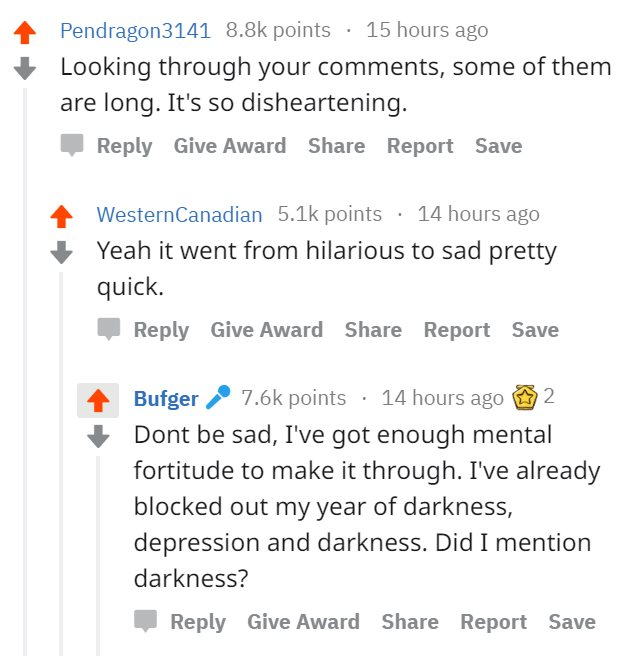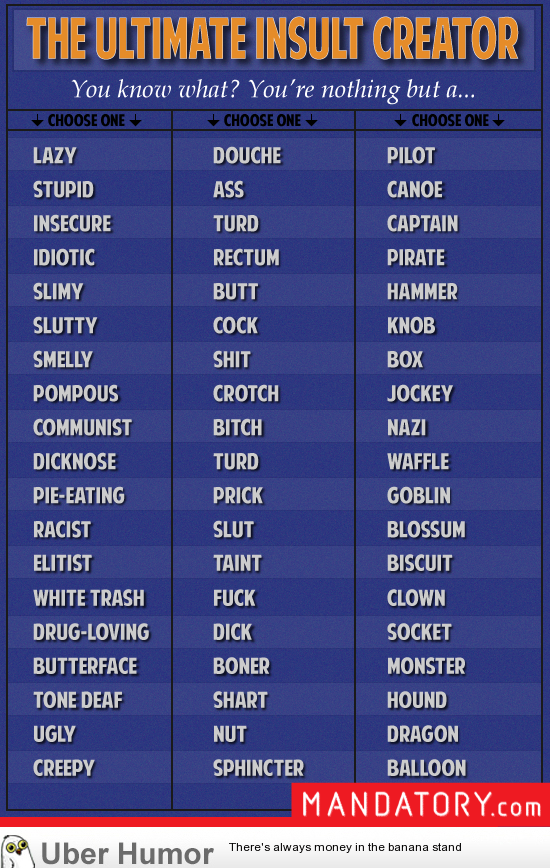The pervasive issue of insults targeting short individuals continues to impact self-esteem and mental health across society today. As the dialogue around body positivity and acceptance expands, it's essential to examine the implications of these derogatory comments and their effects on those subjected to them. This article explores the world of height-based insults, delving into their origins, consequences, and strategies for fostering a more inclusive and respectful society.
In a world where height is often equated with attractiveness and authority, short individuals frequently encounter ridicule and harmful stereotypes. Recognizing the nuances of these insults is vital for promoting inclusivity and respect. This detailed guide offers insights, statistics, and resources aimed at raising awareness and encouraging respect for all individuals, regardless of their stature.
By analyzing the social dynamics driving height-based discrimination, we can better address the issue of short people insults and work toward creating a more supportive and equitable environment. Let's explore this topic in greater depth and uncover ways to combat this form of discrimination effectively.
Read also:Unlock Your Creativity With Jackerman 3d
Table of Contents
- Understanding Height-Based Insults
- Cultural Perceptions of Height
- Psychological Effects of Insults
- Common Insults Targeting Short People
- Strategies to Combat Height-Based Insults
- Building Supportive Environments
- Resources for Support
- Conclusion
Understanding Height-Based Insults
Height-based insults often stem from deeply ingrained societal norms and stereotypes. These comments, whether overt or subtle, reflect a misunderstanding of the value of individuals beyond their physical stature. Such insults can take many forms, ranging from seemingly lighthearted jokes to more overtly derogatory remarks that imply inferiority or inadequacy.
While these comments may appear harmless on the surface, they can profoundly affect the self-esteem and mental health of short individuals. It's crucial to recognize that such insults are not merely casual jokes but rather perpetuate harmful stereotypes and contribute to an environment of discrimination. Understanding their impact is the first step toward addressing this issue effectively.
Why Do Short People Face Height-Based Insults?
Several factors contribute to why short individuals are often targeted with height-based insults:
- Societal Expectations: Many cultures equate height with power, success, and attractiveness, creating an unfair standard for shorter individuals.
- Insecurity Projection: Those who insult others may do so as a way to deflect their own insecurities or shortcomings.
- Lack of Awareness: Many people may not fully comprehend the impact of their words, unintentionally perpetuating harmful stereotypes.
Cultural Perceptions of Height
Cultural perceptions of height significantly influence how short individuals are treated in society. In many cultures, taller individuals are often viewed as more competent, authoritative, and successful, leading to systemic biases that affect various aspects of life, including career opportunities, relationships, and social interactions.
Historically, numerous studies have highlighted the correlation between height and perceived success. For example, research published in the Journal of Applied Psychology suggests that taller individuals tend to earn higher salaries and receive promotions more quickly than their shorter counterparts. These findings underscore the pervasive nature of height-based discrimination in societal structures.
Height Discrimination in Media
The media plays a pivotal role in shaping societal attitudes toward height. Movies, television shows, and advertisements frequently portray short individuals in negative or stereotypical roles, reinforcing harmful perceptions and contributing to increased discrimination.
Read also:Gloria Borger Insights Into Her Career Health And Legacy
Common portrayals include:
- Short individuals depicted as comedic or incompetent characters.
- Height being associated with leadership, dominance, and authority.
- Short people portrayed as romantic underdogs or secondary characters.
Psychological Effects of Insults
The psychological impact of height-based insults can be significant. Individuals who experience derogatory comments about their height may suffer from a range of negative emotions, including anxiety, depression, and low self-esteem. These insults can create long-lasting effects on mental health and overall well-being.
Research published in the Journal of Personality and Social Psychology highlights that individuals subjected to height-related discrimination are more likely to report feelings of inadequacy and social anxiety. The frequency and intensity of these insults can contribute to a cycle of negative self-perception and diminished confidence.
Building Resilience Against Insults
Despite the challenges posed by height-based insults, many individuals develop resilience through various strategies. These approaches can help mitigate the negative impact of such comments:
- Building a Support Network: Surrounding oneself with supportive friends, family, and peers can provide emotional strength and encouragement.
- Engaging in Positive Self-Talk: Practicing affirmations and focusing on personal strengths can help counteract negative self-perception.
- Seeking Professional Guidance: Consulting a therapist or counselor can offer valuable tools for coping with the emotional effects of discrimination.
Common Insults Targeting Short People
Understanding the types of insults commonly directed at short individuals can help in addressing and combating them. Some prevalent examples include:
- “You’re so short!”
- “Do you need a booster seat?”
- “How’s the weather down there?”
- “You must be fun-sized!”
Although these remarks may be intended as jokes, they can perpetuate harmful stereotypes and contribute to a culture of discrimination against short individuals.
Strategies to Combat Height-Based Insults
Addressing height-based insults requires a collective effort and a multifaceted approach. Here are several strategies that can help combat these forms of discrimination:
- Education and Awareness: Raising awareness about the impact of height-based discrimination is crucial in reducing its prevalence.
- Promoting Empathy: Encouraging empathy and understanding can foster a more inclusive and respectful environment.
- Challenging Stereotypes: Actively questioning and dismantling stereotypes associated with height can help promote a more equitable society.
Role of Allies in Combating Discrimination
Allies play a critical role in combating height-based discrimination. By supporting short individuals, challenging inappropriate comments, and advocating for inclusivity, allies can help create a more accepting atmosphere. Their involvement is essential in promoting a culture of respect and understanding.
Building Supportive Environments
Creating supportive environments for short individuals involves fostering inclusivity and respect across various settings, including schools, workplaces, and social circles. Here are some strategies for promoting a supportive atmosphere:
- Encouraging Open Dialogue: Facilitating discussions about body image, height, and self-acceptance can help reduce stigma and promote understanding.
- Implementing Anti-Bullying Policies: Developing and enforcing policies that address height-based discrimination can create safer spaces for all individuals.
- Promoting Body Positivity: Celebrating diversity in body types through campaigns and initiatives can help challenge harmful stereotypes and promote inclusivity.
Importance of Representation in Media
Representation matters. Highlighting the achievements and contributions of short individuals in various fields can help challenge stereotypes and promote a more inclusive narrative. By showcasing diverse role models, society can move toward a more equitable and respectful future.
Resources for Support
For those affected by height-based insults, seeking support can be invaluable. Numerous organizations and resources offer guidance and assistance, including:
- The National Association for the Prevention of Bullying.
- Support groups for individuals facing height-related discrimination.
- Therapeutic resources and counseling services to address the emotional impact of discrimination.
Conclusion
Height-based insults are far from harmless jokes; they can have lasting effects on an individual's mental health and self-esteem. By understanding the origins and implications of these insults, we can work toward creating a more inclusive and respectful society. It's essential to challenge stereotypes, promote empathy, and encourage everyone to embrace diversity in all its forms.
We invite you to share your thoughts on this topic. Leave a comment below, share this article with others, or explore additional resources on body positivity and discrimination. Together, we can make a difference.
Call to Action
Let's continue the conversation about height discrimination and work collectively to foster a more accepting environment for everyone. Your voice is vital in this movement toward inclusivity and respect!


